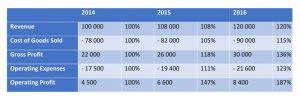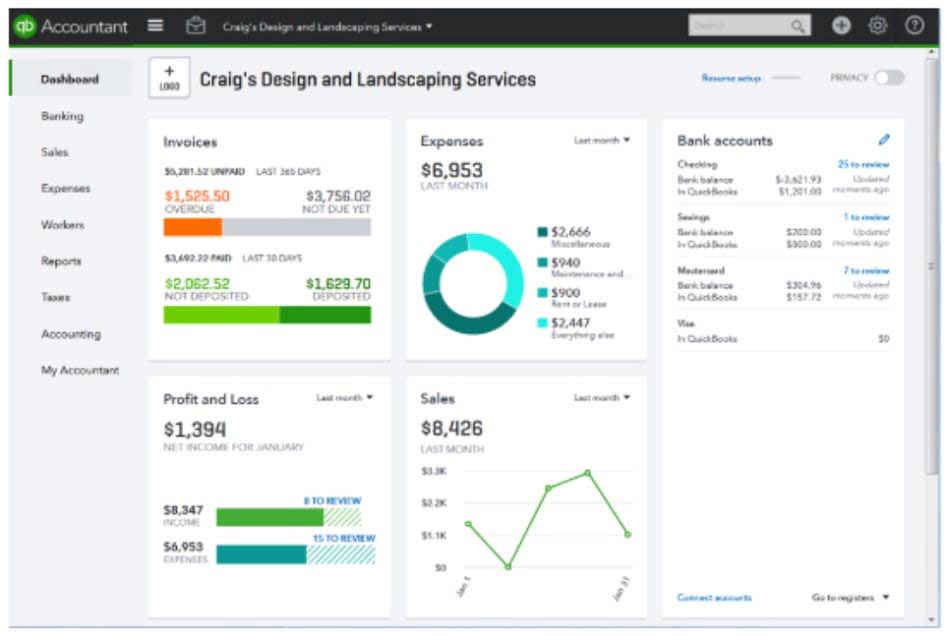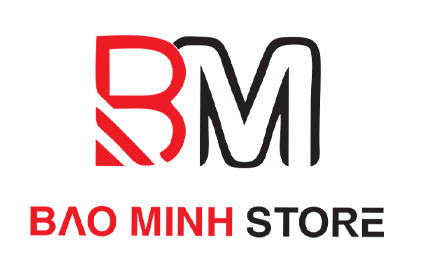Bookkeeping
Cash vs accrual accounting: Differences explained

For this reason, companies that must comply with GAAP are required to use accrual accounting. If your business involves inventory, accrual accounting allows you to track the cost of goods sold (COGS) more accurately. This is crucial for calculating profitability and making informed decisions about inventory management.
- Rather, it’s a business decision grounded on how the information will be used and the difficulty in producing accrual-basis financial statements.
- Overall, accrual accounting offers numerous advantages in terms of providing an accurate representation of a company’s financial position and aiding in decision-making processes.
- To make the right choice, consider the size of your business, your long-term goals, and any regulatory or industry requirements.
- Furthermore, because revenue recognition is based on accruals rather than cash inflows, businesses using this method may face challenges in managing their cash flow effectively.
- This difference can significantly impact your reported income for a period, especially if you deal with large transactions or if many clients pay on credit.
- By carefully considering the factors involved and avoiding common mistakes through diligent record-keeping and internal controls, you can navigate the complexities of accrual accounting successfully.
- One of the most significant differences between cash and accrual accounting is that each method affects which tax year your income and expenses are recorded in.
B. When Cash Accounting Makes Sense
The same company would record profits of $80 or $480 depending on their accounting method. Cash basis accounting will look at the example above and focus on the money that is changing hands. One of the ways business owners keep a handle on Car Dealership Accounting their tax planning is by choosing to outsource bookkeeping and accounting tasks.

Achieving Financial Success in 2024: The Most Effective Accounting Solutions for Your Business

Accrual accounting requires you to record revenue when it’s earned and expenses when they’re incurred, regardless of when the actual cash exchanges hands. This means that you need to carefully track invoices, purchase orders, and other documents to ensure accurate recording. Get ready to take control of your company’s financial success by efficiently tracking revenue and expenses like never before. With accrual basis accounting, you can better manage your cash flow and make improved financial decisions for the future. Additionally, expenses are only recognized when they’re paid, which means you might not accurately capture all your liabilities. Another disadvantage is that cash basis accounting may not comply with generally accepted accounting principles (GAAP).
- Our mission is to equip business owners with the knowledge and confidence to make informed decisions.
- If a business’ average annual gross receipts for the three preceding tax years exceeds $30 million, the business is required to use the accrual basis of accounting for their tax return reporting.
- Cash basis accounting records revenue when the money is received, and expenses are recorded when they are paid.
- Accrual accounting records revenues and expenses when transactions occur, regardless of when cash related to those transactions is received or disbursed.
- The CEO’s Right Hand takes charge of your finance, accounting, human resources, and other foundational functions so you can focus on what you do best – running your company.
- This approach is typically used by small businesses, sole proprietors, and individuals managing personal finances.
Free Course: Understanding Financial Statements

On the other hand, if your business has simple transactions with minimal fluctuations in income and expenses, cash basis accounting may be sufficient. One of the compliance challenges that may arise when using accrual accounting is ensuring accurate revenue recognition. Accrual accounting recognizes revenue when it’s earned rather than gross vs net when cash is received, which requires careful tracking and documentation. In summary, while cash basis accounting may be suitable for small businesses with straightforward transactions, it does have its disadvantages compared to accrual basis accounting. It can hinder a business’s ability to accurately assess its financial health and comply with industry standards.
Accrual vs. Cash: Which Basis of Accounting Is Best for Your Business?

Then, the amount is amortized throughout the year, recognizing 1/12 of it when earned each month, reducing the liability figure, and recording the related expenses. That way, the liability is seen instead of that cash in January – making it easier to know if the organization is profitable and allowing for wiser business decisions. Accrual accounting is when a company recognizes revenue when earned and expenses when incurred, even if the money exchange happens at a different time. For example, if it performs a service or delivers a product in December, it records the transaction in December, regardless of when it invoices the client and receives payment. The main difference between accrual and cash basis accounting is when you record revenue and expenses. The accrual basis of accounting is much more useful in making critical decisions when managing or evaluating a business, as it informs financial statement readers of the cash flows to be expected in the future.
- Another drawback of cash basis accounting is that it may not comply with generally accepted accounting principles (GAAP) or international financial reporting standards (IFRS).
- In conclusion, understanding the differences between Cash Basis Accounting and Accrual Basis Accounting is crucial for making informed decisions about your business’s financial reporting.
- Accrual accounting captures income and expenses when they’re earned or incurred rather than when cash changes hands.
- Otherwise, go with accrual basis accounting if your company is growing, needs accurate financial reporting, or is required to comply with GAAP.
- Overall, while cash basis accounting may be simpler for small businesses with straightforward transactions, accrual accounting offers additional benefits that can help you gain better control over your finances.
What Is Better Cash or Accrual Accounting?
Companies might also use modified accrual accounting and modified cash basis accounting. For investors, it’s important to understand the impact of both methods when making investment decisions. The accrual method records accounts receivables and payables and, as a result, can provide a more accurate picture of the profitability of a company, particularly in the long term. Therefore, in our example, accrual accounting will record income in the amount of $600 ($100 received + $500 invoice), and expenses in the amount of $120 ($20 spent + $100 bill).
Mixing accrual and cash basis accounting

An investor might think the company is unprofitable when, in reality, the company is doing well. Accrual basis accounting is the more typical form, and it is required for organizations with gross receipts of $26 million or more in any of the previous three years. However, remember to tread carefully when mixing these methods or neglecting expert advice.
Prior to joining the firm in 2004, Jody was in the private sector where he held senior financial and management positions including General Manager, Chief Financial Officer and Controller. He has experience across industries, which gives him a deep understanding of business. We can take care of your accounting, the primary difference between accrual-basis and cash-basis accounting is bookkeeping, tax, and CFO needs so that you don’t have to worry about any of them.


